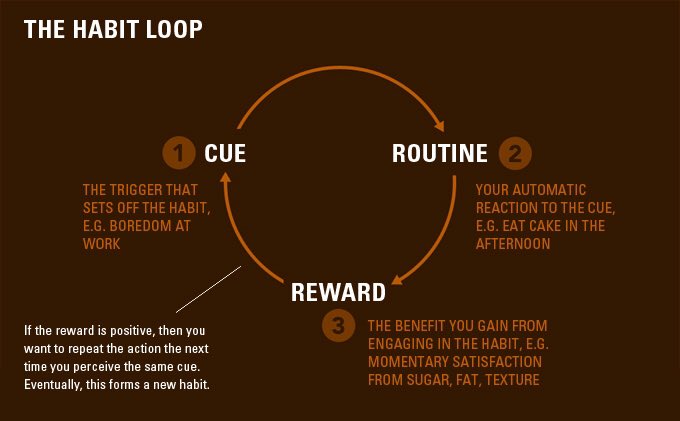one thelian secret i have is that a majority of how someone approaches life can be predicted by observing how they drive.
thread 👇
practicing your prediction skills can make you a better leader, spouse and friend.
as humans we form predictive models of other people naturally - an artifact of our evolution as a species, but it’s subconscious.
however, it’s possible to practice consciously.
this dissonance is a safety feature of human cognition, not a bug 🐛
once you get over the fact that most human behavior (yours too) isn’t under *conscious* control, the world opens up.
default behavioral autoresponse 👉 current life results
upgraded behavioral autoresponse 👉 better life results
takes lots of practice & best done with a coach.
@behaviorgap @jerrycolonna & @khemaridh are doing good work here.
that’s the internally focused part, here’s the externally-focused part: prediction 👇
we usually don’t do this observation because we’re busy trying to react to the behavior of others or too distracted by our own inner monologue narrating over it all.
but once you’ve improved this skill, how do you organize all that observational data and start making predictions on it?
you need a model.
one example is in education: if a student is performing poorly in the classroom, it helps to understand their home situation.
when it comes to predicting behavior, context is king 👑
or as my coach likes to say: “everything is connected to everything.”
typically academic researchers setup experiments where they can tweak situational variables and see how people respond.
real people don’t have that luxury, so you have look for “natural experiments” occurring in the wild.
my favorite natural experiments are video games & driving 🕹🚙
with games situational variables can be programmed with enough variety simulate real-life spontaneity.
driving, on the other hand is a more utilitarian approach.
the range of consequences are real and considerable. it requires spatial reasoning and requires the subject to predict and respond to the behavior of other drivers without speaking to them
and lastly, there’s the driver’s personal driving style.
driving style is the observational measure for a bunch of stuff the central nervous system is doing under the cognitive waterline.
but i think observing someone’s driving style is a really helpful tool in forming a proto-model of other people that can be checked against behavior in other contexts (meetings, parties, etc).
i’m not naturally empathetic - too in my head about concepts and cause & effect. i have to work at it. finding and using natural experiments helps me better understand & empathize w/others.
hopefully it helps you too.
/thread






